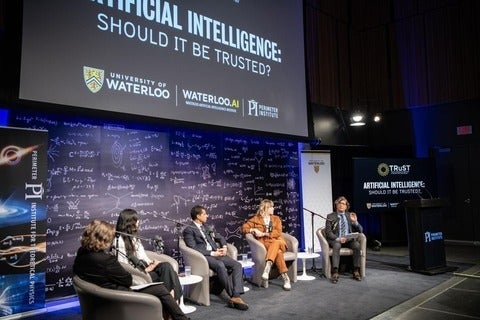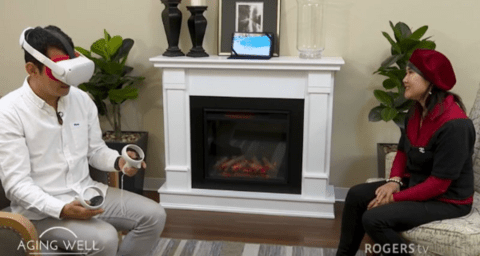Congratulations to the following GI faculty members for securing $565,580 in Tri-Agency funding for their research projects!
Dr. Adan Jerreat-Poole (Communication Arts) received an Insight Development Grant for their project "Disabled Feminists and Digital Storytelling: Zine-Making Pandemic Lives" ($21,330).
Dr. Lai-Tze Fan (Sociology and Legal Studies) is a collaborator on the Insight Development Grant "Digital Imaginations and the Decameron Storyworld" ($66,750).
Dr. Lennart Nacke (Stratford School of Interaction Design and Business) received an NSERC Discovery Grant for his project "Engineering Novel Game Technology To Improve People's Lives" ($52,000 per term for five terms totalling $260,000).
Dr. Ville Makela (Stratford School of Interaction Design and Business) received an NSERC Discovery Grant for his project "Developing Technologies for Bringing Physical Objects into Virtual Reality" ($41,000 per term for five terms totalling $205,000 + $12,500 for the Discovery Launch Supplement).


